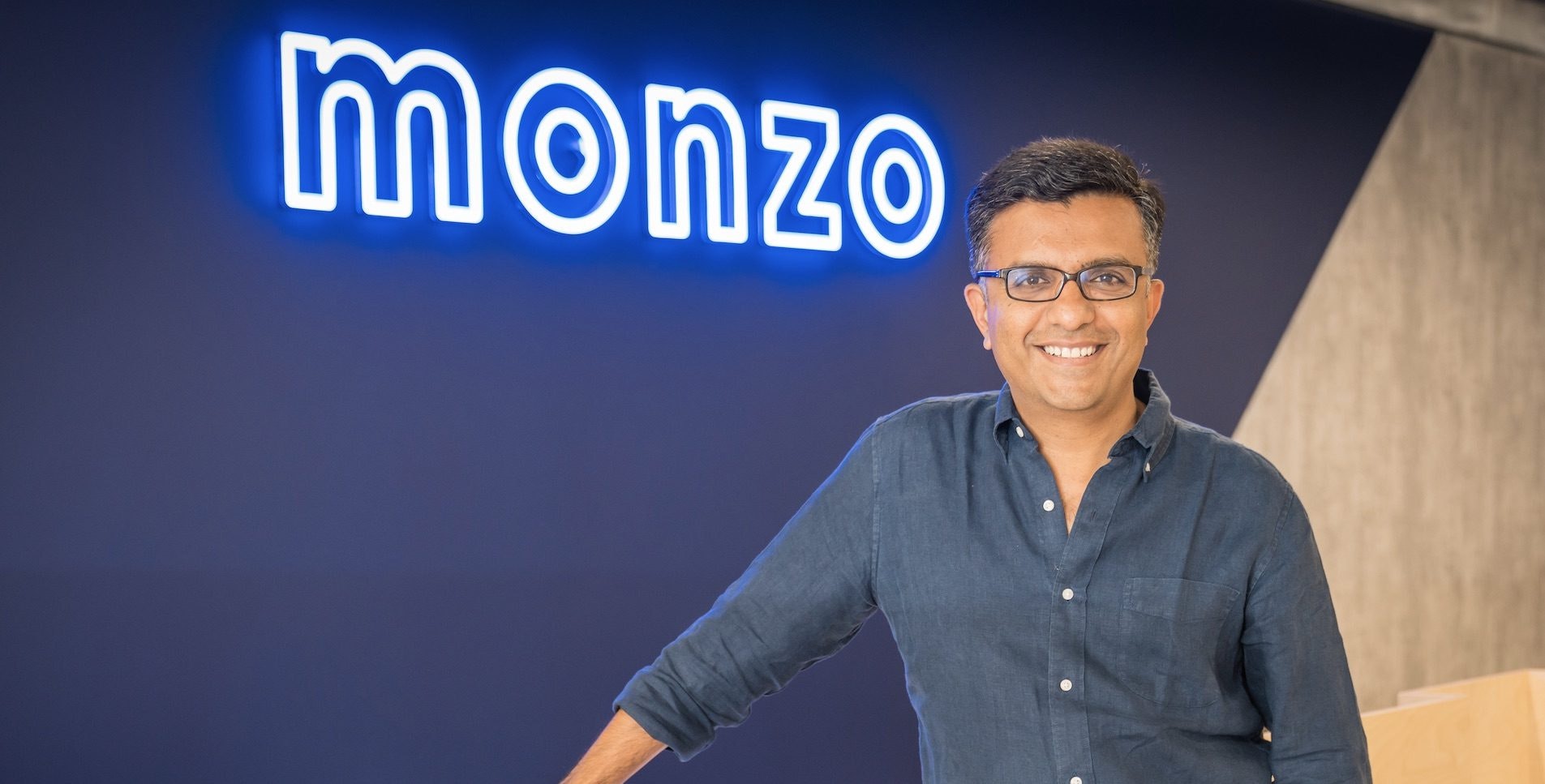When cryptocurrency exchange FTX collapsed in late 2022, it buffeted all corners of the crypto sector.
Investment globally into crypto startups plunged from $21.2bn in 2022 to $4.1bn in 2023 — an 80% decline — as many VCs, previously bullish on crypto, pulled back. Some of Europe’s biggest crypto companies, including Copper, Sorare and Ledger, laid off staff and saw partnerships with big-name financial institutions fall through as the price of bitcoin — a key measure of the market's health — fell below $17k from a previous peak of $64k in 2021.
But there are signs that the crypto winter is ending.
Landmark legislation is coming into force in the US and Europe, which is expected to increase retail and institutional investors’ confidence in the asset class. Dealmaking is picking up: so far this quarter, VCs have closed 36 funding rounds for European blockchain companies, compared to 16 in the previous quarter, according to Dealroom.
Crypto’s validation
Earlier this year, the US Securities and Exchange Commission (SEC) approved eleven bitcoin ETFs (exchange-traded funds) — which will enable retail and institutional investors to have direct and regulated exposure to the world’s first blockchain-based cryptocurrency — in a watershed moment for the industry.
Following the news, the price of bitcoin hit a new all-time high of $69,000.
Diana Biggs, partner at early-stage crypto fund 1kx, says bitcoin ETF uptake by investors and financial advisors in the past three months has “exceeded expectations”.
“Now we have confidence in the public validation of the asset class and the digital asset space,” she says.
In Europe, the passing of the EU’s landmark Markets in Crypto-Assets (MiCA) law in May last year is also helping boost confidence in crypto. Once in place by the end of the year , the legislation will aim to set clear rules for the industry. It will also enable companies authorised in one EU member state to operate across the EU in a process known as passporting.
“It’s going to be a huge thing once it’s there,” says Biggs.
Clearer rules of the road should also make generalist VCs more comfortable to invest in the sector again, she adds. “There will no longer be that excuse of ‘oh it’s not regulated’.”
VC appetite
For now, however, they’re still holding back, she says; her fund made 35 investments last year — and didn’t see many generalist VCs involved in those deals.
Laurens De Poorter, head of Europe at crypto exchange Kraken’s venture arm, says he’s also yet to see non-crypto native firms return to funding blockchain startups — but doesn’t mind much.
“When bitcoin was peaking at all time highs [during the last bull run] suddenly every investor around the block was a crypto degen [a tongue in cheek term used to risk-prone crypto traders] but they very quickly disappeared,” says De Poorter. “I don’t know how many times you can actually do that? Like, how many times can you claim to your LPs that you believe in the asset class and then you don’t believe it anymore?”
As for Kraken’s venture arm, it paused fundraising for its second $100m fund last year as it “just didn’t feel like the right time” to fundraise, says De Poorter — but resumed earlier this year.
“2023 was the perfect time to invest and I believe 2024 will be the perfect time to fundraise,” he says; the Bitcoin ETF approval has warmed up LPs on digital assets.
Changing tides?
Startup fundraising, meanwhile, is slowly picking up pace. European crypto startups have raised $302m so far this quarter — just up from the $294m raised in the final quarter of last year, according to Dealroom.
One of Europe’s biggest crypto raises so far this year was Paris-based Kiln’s $17m funding round in January, led by 1kx. Kiln provides tools for institutions to tap into staking, a process of locking up crypto to help run a blockchain network in return for rewards — and saw its revenue increase five-fold last year, says CEO Laszlo Szabo.Other notable early-stage fundraises include a $73m funding round for French open source cryptography company Zama and a $10m Series A financing into Amsterdam-based crypto futures startup D2X.
Yet for later-stage crypto companies like crypto hardware wallet maker Ledger, investor activity hasn’t yet normalised.
“I’ve never had such a quiet period,” says Ledger CEO Pascal Gauthier. “Usually VCs write to you from time to time; they wanna grab a coffee and see how you and the company are doing.”
While Ledger may be one of the leaders of the European crypto scene, it’s had a mixed bag as of late. Along with layoffs in October, it faced criticism over the purported security of its backup retrieval feature “Recover”. Its iPod-inspired Ledger Stax device has also faced numerous delays since it was announced in late 2022 and is yet to come to market.
Despite a tricky year, Gauthier says that with the market picking up the company is now profitable again and it’s on track to ship Ledger Stax to customers in May.
Crypto exits
But the road ahead for Ledger is a long one. Just after FTX’s collapse — which boosted sales of Ledger’s hardware devices — Gauthier described the company as “a private company getting ready to be public.”
This year, he’s far more ambivalent about the company’s IPO chances. He says that while there is potential for a crypto company to IPO in Europe, as crypto exchange Coinbase did in the US, the industry still faces difficulties in being understood.
“When it comes to crypto, it’s much harder for analysts to understand,” says Gauthier. “What do you compare Ledger with? It’s a very unique company — that goes not just for Ledger either but for many other crypto companies.”
Gauthier says that crypto’s nascent and sometimes opaque nature has meant it’s even hard to acquire other companies in the space. He says that Ledger attempted to buy a few companies recently but pulled out after discovering many didn’t have full-time employees and instead, consultants who were fully remote.
This lack of exit routes is not what VCs focused on generating returns for their LPs want to hear. Digital asset manager CoinShares is currently the only crypto company listed in Europe, having debuted on the Swedish Nasdaq in 2021.
“Crypto obviously creates a lot more regulatory scrutiny; it’s very hard to IPO as a crypto company,” says Kraken’s De Poorter.
Valuations are also down. According to a report by digital asset investment firm Galaxy, VC-backed crypto company valuations declined significantly last year with the final quarter of 2023 reaching the lowest pre-money valuations seen since the fourth quarter of 2020.
And they’re not showing signs of picking up just yet, say the VCs Sifted spoke to. “It’s good to have finally reached some light at the end of the tunnel for a lot of these teams that were building through this brutal and very harsh winter,” says Jascha Samadi, cofounder of $160m crypto fund Greenfield Capital. “But there's no immediate value in terms of valuation at least from what we see in the market right now.”


